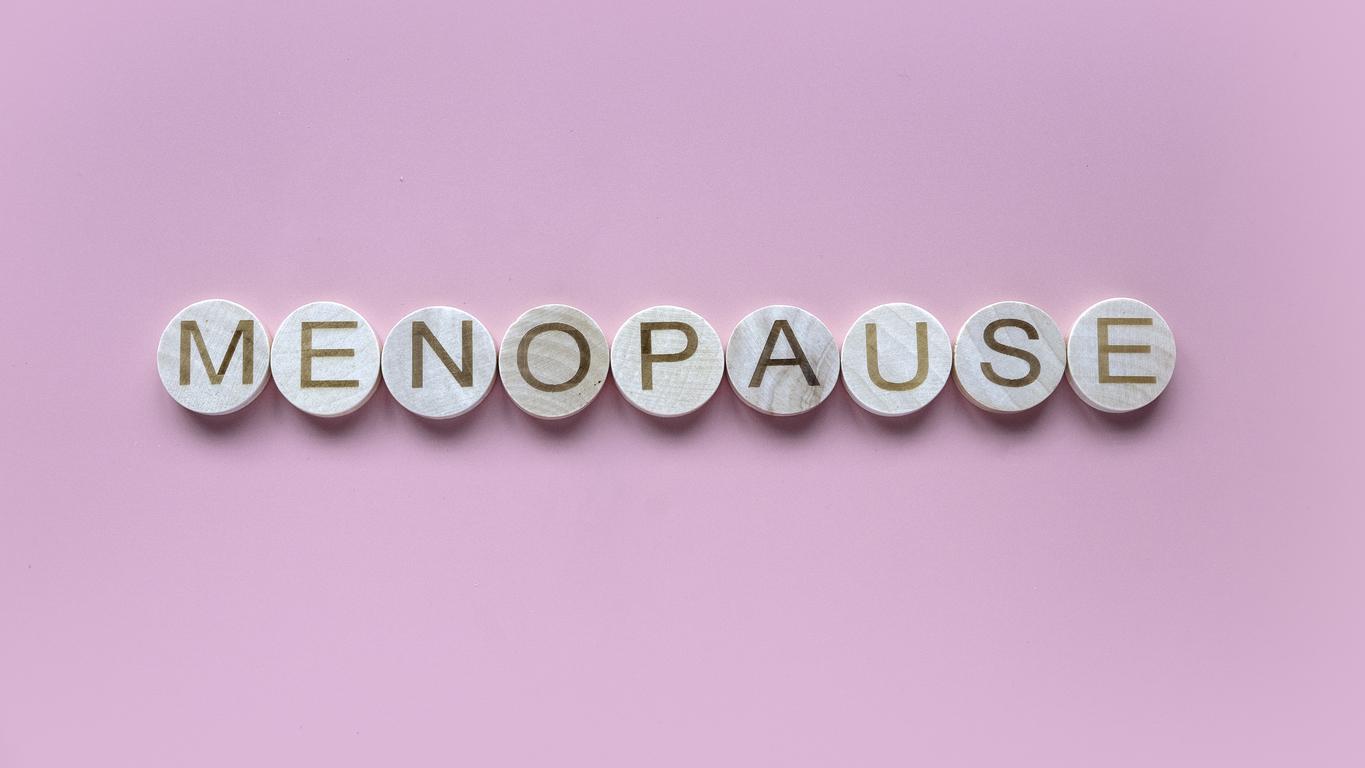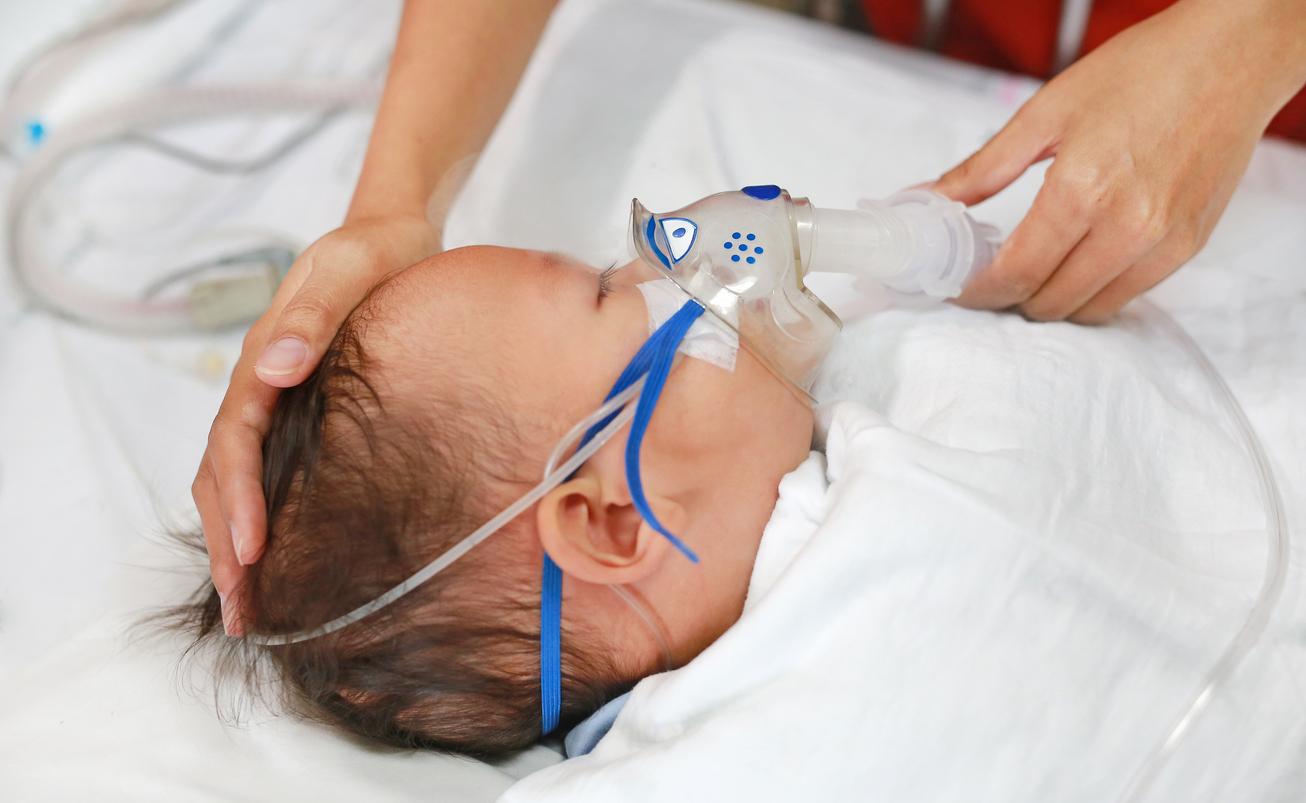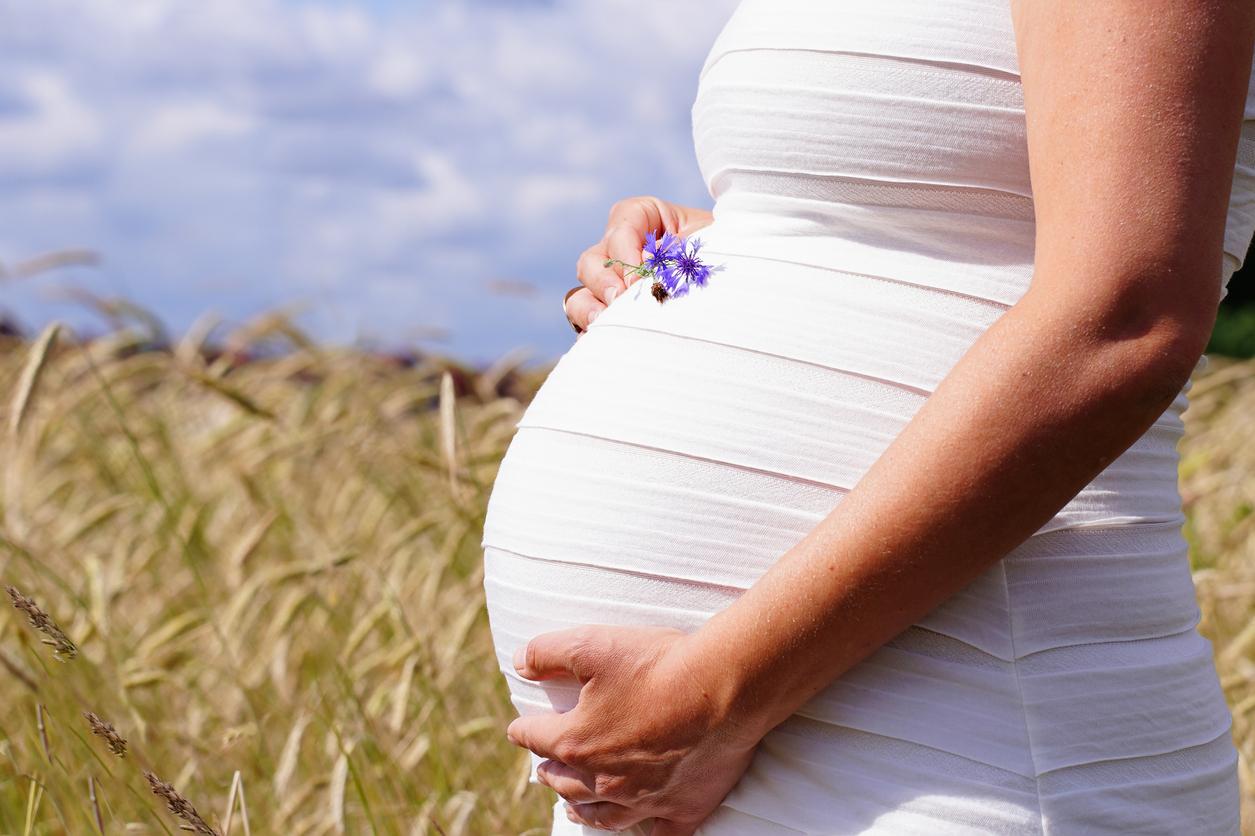Mothers in their fifties are more and more numerous in the United Kingdom, but also in France. This recent boom worries specialists, who point out the risks of late pregnancy.

The number of late pregnancies is exploding in Europe. According to DailyMail, the number of babies born to 50-year-old mothers has more than doubled in 4 years. These data were revealed by the British Department of Health during a question in Parliament.
154 births in 2012
In 2000, less than 50 babies were born to mothers over 50 in the UK. In 2008, almost 70 late pregnancies were declared. In 2012, the number of young mothers aged 50 exploded: 154 babies were affected. This increase is spectacular, but it is all late pregnancies that is booming. One in 25 births concerns a mother over 40, while the number of mothers under 25 is declining.

Number of births to mothers over 50 (Source: DailyMail)
The phenomenon is comparable in France, although to a lesser extent. According to figures from the Institute for Statistics and Economic Studies (Insee), in 10 years, the number of late pregnancies has increased. 94.5 births per 100,000 take place in 35-year-old women, 20 more than in 2003. The evolution is roughly comparable to 40, an age of 30.7 births per 100,000 women. On the other hand, at age 50, there are only 0.1 births and the number of pregnancies declines after 30 years.
Risks for the baby and the mother
However, the boom in late pregnancies is taking place, and there is nothing abnormal, according to the DailyMail: the evolution of medical practices, advances in obstetrics and IVF are making it possible to delay pregnancy. But, in France, a law of 1994 prohibits practicing IVF after menopause. This explains the low number of French 50-year-old mothers.
A late pregnancy is not without risk, recalls an obstetrician interviewed by the British newspaper, which reports a high number of complications in elderly mothers. “It’s a more pronounced trend as women have babies at increasingly older ages. Older mothers are more at risk of miscarriage, ectopic pregnancy, genetic problems and other disorders such as high blood pressure, diabetes or problems with the placenta ”, explains Louise Silverton, director of the department. Obstetrics at the Royal College of Midwives (London, United Kingdom).
.
















